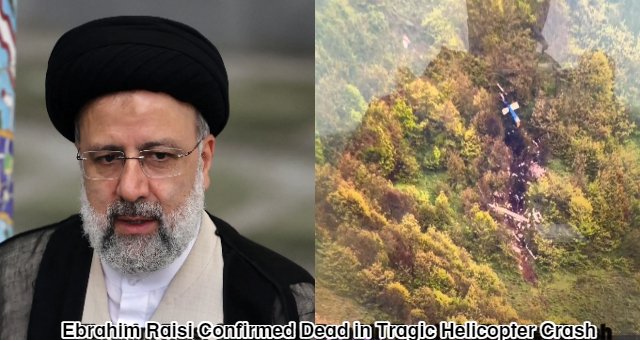In a tragic turn of events, the world was stunned by the news of Iranian President Ebrahim Raisi’s untimely death.
The hardliner leader, who was considered a potential successor to Supreme Leader Ayatollah Ali Khamenei, was confirmed dead in a helicopter crash near the Azerbaijan border.
According to officials and state media, the helicopter’s wreckage was found after an overnight search in harsh weather conditions.
Along with Raisi, Foreign Minister Hossein Amirabdollahian was also onboard the ill-fated helicopter.
Table of Contents
Apparent helicopter crash carrying Iran’s president, foreign minister
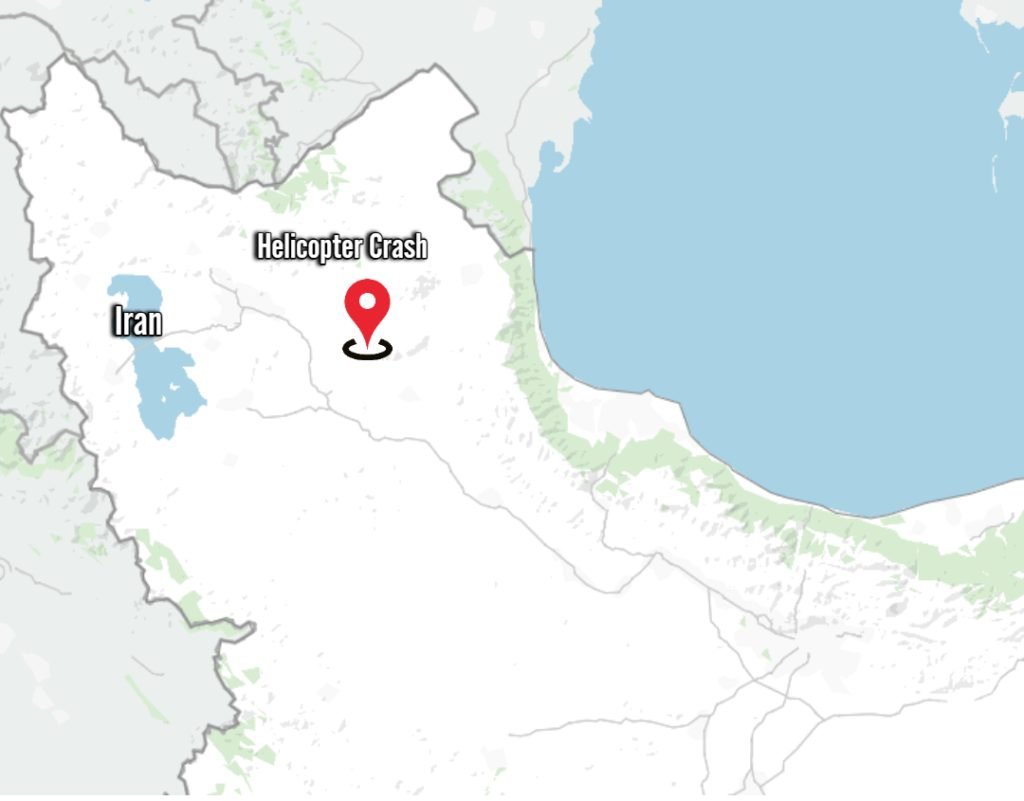
Who Was Ebrahim Raisi?
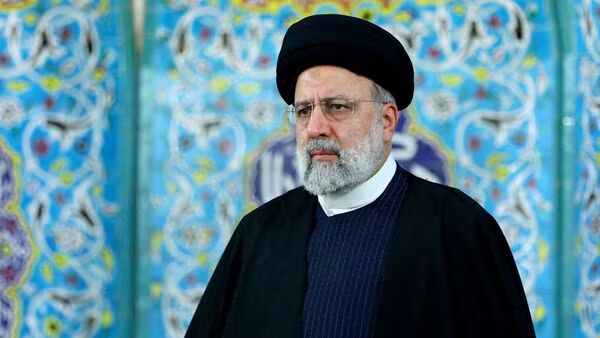
Ebrahim Raisi, born on 14 December 1960 in Mashhad, Iran, was a significant figure in Iranian politics, serving as the country’s president since 2021.
Before his presidency, Raisi had a long career within Iran’s judiciary, holding several high-profile positions, including Chief Justice.
Known for his conservative and hardline views, Raisi was closely aligned with the principles of the Islamic Revolution of 1979, advocating for strict adherence to Sharia law and maintaining a staunch stance against Western influence, particularly the United States and Israel.
His presidency was marked by efforts to strengthen Iran’s nuclear program and bolster the nation’s economy amidst sanctions and diplomatic isolation.
Raisi’s leadership style and policies reflected his deep-rooted beliefs in Iran’s theocratic governance system, positioning him as a pivotal player in the country’s political landscape and a key ally of Supreme Leader Ayatollah Ali Khamenei.
His unexpected death leaves a significant void in Iran’s leadership hierarchy, raising questions about the direction of the country’s future policies and its position on the global stage.
Early Life
Ebrahim Raisi’s early life was rooted in the northeastern Iranian city of Mashhad, a place of religious significance and home to the Imam Reza shrine, a pilgrimage site for Shia Muslims.
Growing up in Mashhad, Raisi was immersed in a religious and politically charged environment from a young age, which shaped his ideological and political beliefs.
His family was known for its devoutness and engagement in religious studies, which laid the foundation for Raisi’s future career in Iran’s theocratic system.
From an early age, Raisi displayed a keen interest in Islamic jurisprudence and the teachings of the Quran, which guided his educational pursuits.
He attended the Qom Seminary, one of Iran’s most prestigious religious institutions, where he studied under prominent clerics and scholars.
This intense religious and legal study prepared Raisi for subsequent roles within Iran’s judiciary and political sphere, equipping him with the theological and ideological grounding defining his career and leadership style.
His upbringing and education in Mashhad and Qom were instrumental in forging the path leading him to Iran’s highest echelons of power.
Ebrahim Raisi Family Background
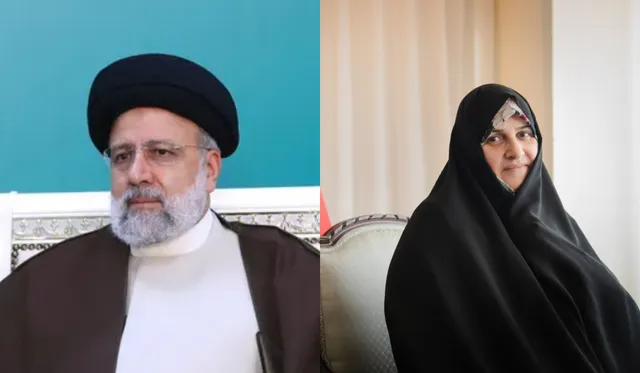
Ebrahim Raisi was born into a religious family with a deep history of clerical involvement and devotion to Islam.
His father passed away when he was just five years old, a pivotal event that shaped his upbringing and instilled in him a profound sense of duty to his faith and country.
He married Jamileh Alamolhoda, who comes from a prominent family of clerics. The couple has two daughters, and their family life has always been closely tied to Iran’s religious and political spheres.
Raisi’s familial connections have influenced his rise to power, with ties to influential figures within Iran’s clerical establishment playing a crucial role.
His marriage linked him to a network of influential clerics and political figures, further embedding him within the fabric of Iran’s theocratic governance.
The Raisi family is known for their commitment to Iran’s Islamic Revolutionary ideals, a legacy that Ebrahim Raisi carried forward in his political career.
While much attention is given to his public life and political career, his family background and personal life remain a fundamental aspect of his identity, deeply intertwined with his ideological and political convictions.
Potential Successors and Iran’s Political Future
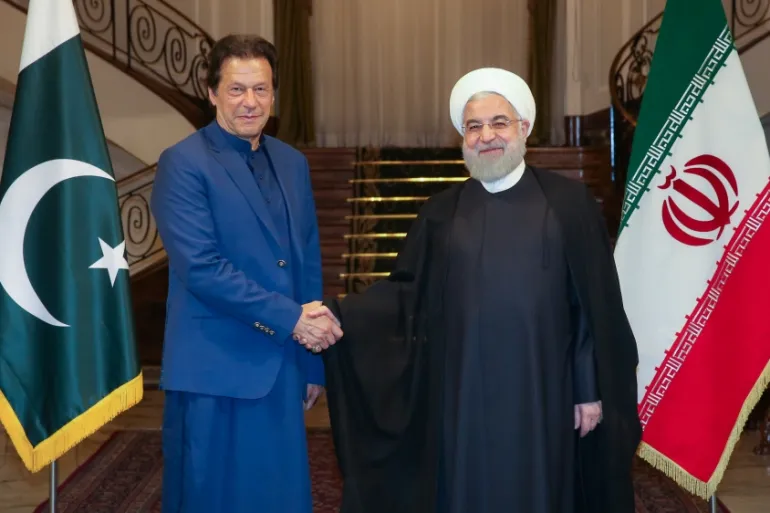
The sudden death of Ebrahim Raisi plunges Iran into a period of uncertainty and speculation about who will take the helm of the nation next.
Within Iran’s unique theocratic system, selecting a president involves political insight and alignment with the country’s ideological and religious foundations.
Potential successors will likely emerge from the conservative camp, which has maintained a stronghold on Iranian politics, especially given Raisi’s close ties to the Supreme Leader Ayatollah Ali Khamenei.
Figures such as Parliament Speaker Mohammad Bagher Ghalibaf, who has a mix of military and political experience, and judiciary chief Gholam-Hossein Mohseni-Eje’i, known for his hardline stances, could be in the running.
However, the ultimate choice will depend on a complex interplay of factors, including loyalty to the Supreme Leader, ability to navigate Iran’s challenging international relations, and commitment to the Islamic Republic’s ideological principles.
As Iran faces both internal challenges and external pressures, the leadership transition will be closely watched by friends and foes alike. It will shape the country’s political future and its role on the global stage.
Global Repercussions of Raise’s Death
The untimely death of Ebrahim Raisi sends shockwaves through the international community, potentially altering the geopolitical landscape of the Middle East.
Raisi’s hardline stance and commitment to expanding Iran’s nuclear program have been pivotal in the nation’s foreign policy and its relations with both adversaries and allies.
His passing could pave the way for shifts in diplomatic relations, especially with Western countries that have historically been at odds with Iran’s ambitions.
The uncertainty surrounding Iran’s next leader may lead to temporary instability or changes in foreign policy that could impact international trade, oil prices, and security in the volatile region.
Furthermore, Raisi’s death may influence the ongoing negotiations concerning Iran’s nuclear deal as countries involved reassess their positions and strategies in light of the leadership vacuum.
The reactions from global powers, including statements of condolence and policy adjustments, will tell us the future direction of Iran’s international relations and its place in global politics.
As the world awaits the appointment of Raisi’s successor, the potential for either escalation or de-escalation of tensions remains a subject of keen interest and speculation.
Ebrahim Raisi Confirmed Dead in Tragic Helicopter Crash
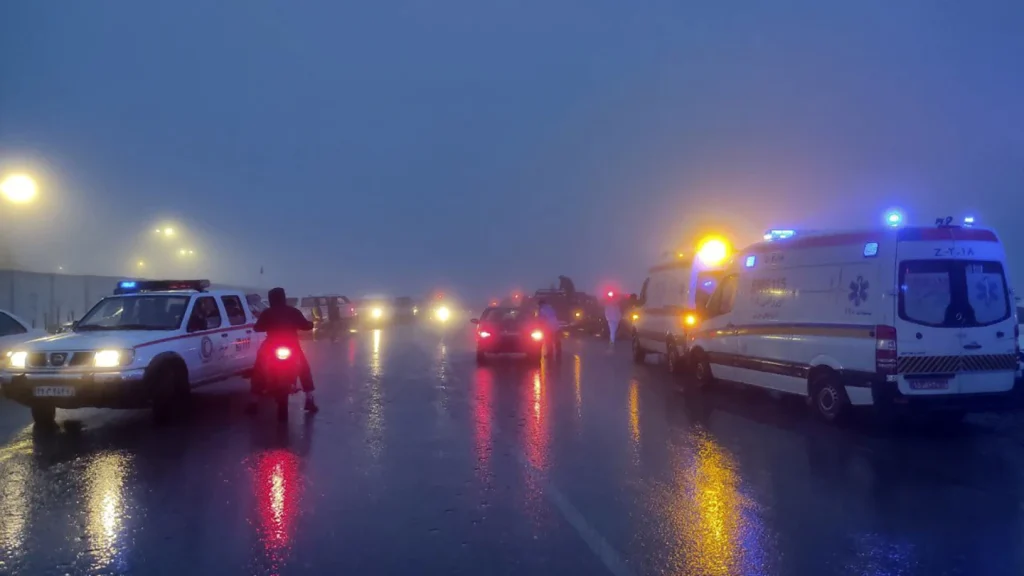
The news of President Ebrahim Raisi’s death in a helicopter crash near the Azerbaijan border has left Iran and the international community in shock.
The incident occurred under adverse weather conditions, leading to a challenging overnight search operation.
With Raisi aboard were key political figures, including Foreign Minister Hossein Amirabdollahian, marking this tragedy as a significant loss to the Iranian leadership.
The crash site, located in a remote area, complicated rescue and recovery efforts, underscoring the dangerous nature of the flight amidst harsh weather.
This tragic event not only marks a profound moment of sorrow for Iran but also raises immediate questions about the continuity of leadership and its impact on Iran’s political landscape.
The details surrounding the crash are under investigation, with the nation awaiting further information on the cause and the implications for those aboard and the country’s future.
Prayers And Searches for his Death Body
In the wake of President Ebrahim Raisi’s tragic demise, the nation has been enveloped in a state of mourning, with collective prayers being held across Iran.
The search for his body, amid the remote and rugged terrain near the Azerbaijan border, proved to be a monumental task, reflecting the depth of the nation’s commitment to paying final respects to their leader.
Vigils and prayer gatherings have spontaneously emerged, both within Iran and among Iranian communities worldwide, showcasing the profound impact of Raisi’s death on a global scale.
The effort to recover his body underscores the logistical challenges rescue teams face and symbolizes the nation’s determination to honor Raisi’s legacy.
As the search continues, the unity and solemnity displayed by the Iranian people in this moment of loss highlight the deep connections between the nation’s leadership and its citizens amidst a profound transition and uncertainty.
Hardliner, possible successor to Khamenei

The crash occurs when Iran’s discontent over several political, social, and economic issues rises.
International pressure is being applied to Iran’s clerical leadership because of Tehran’s disputed nuclear program and strengthening military links with Russia amid the conflict in Ukraine.
Decades after Israel launched its invasion of Gaza in response to an attack by Iran’s partner Hamas on October 7, conflicts involving Iran-aligned organizations have risen across the Middle East.
In Iran’s two-party system, divided between the government and the clerical establishment, decisions about all significant policies are made by Raisi’s 85-year-old mentor, Khamenei, who has been the country’s supreme leader since 1989.
Khamenei has backed Raisi’s primary policies, making Him a strong candidate to succeed him for years.
After eight years of pragmatist Hassan Rouhani holding the presidency and a nuclear deal reached with nations including Washington, Raisi’s victory in a carefully watched election in 2021 delivered hardliners control of all arms of government.
However, the massive demonstrations against clerical authority and Raisi’s inability to revive Iran’s economy due to Western sanctions may have damaged her reputation.
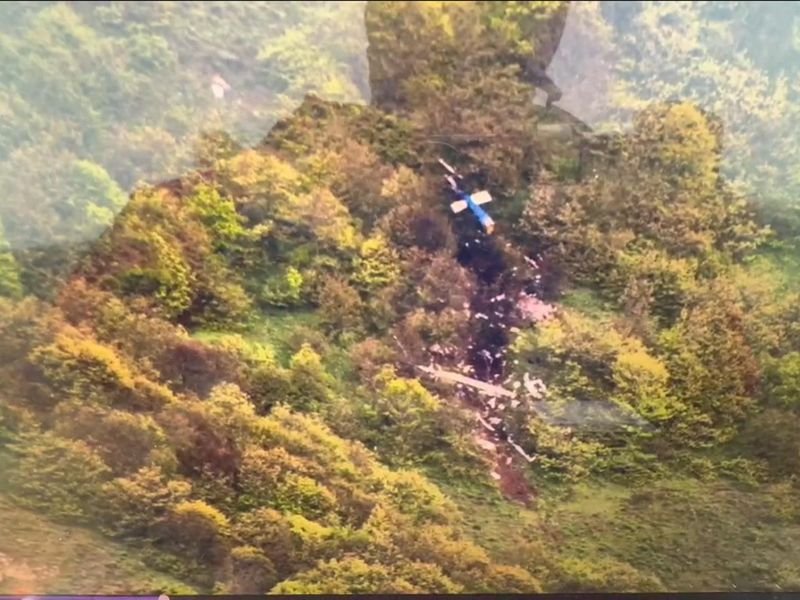
Frequently Asked Questions
Who will lead Iran now?
The immediate successor is yet to be announced. Iran’s political structure involves a complex process for selecting a new president, with the Supreme Leader significantly influencing the decision.
How will this affect Iran’s foreign policy?
It’s too early to predict exact changes, but there may be temporary shifts in diplomacy and negotiations, especially concerning Iran’s nuclear program and relations with Western countries.
What does this mean for the future of Iran’s nuclear program?
The nuclear program has been a cornerstone of Iran’s policy under Raisi. His successor’s stance will be crucial in determining the program’s direction.
Will there be an official state funeral?
Details about official mourning and funeral arrangements have not yet been released, but they are expected to follow Iranian traditions for fallen leaders.
Can this incident lead to changes in Iran’s internal policies?
The impact on Iran’s internal policies will largely depend on the next president’s ideology and how closely they align with Raisi’s hardliner approach or opt for reforms.
This tragic event has indeed raised many questions, and the world is watching closely as Iran navigates through this period of transition.
Conclusion
The sudden and tragic passing of Iranian President Ebrahim Raisi in a helicopter crash marks a pivotal moment in Iran’s history and poses significant questions for its future direction.
As the nation and the world mourn the loss of a prominent leader, the focus shifts to the implications of this event on Iran’s political landscape and international relations.
The legacy of Raisi’s leadership and the selection of his successor will undoubtedly influence Iran’s path forward, underscoring the critical nature of the coming days in shaping the nation’s trajectory in these uncertain times.
